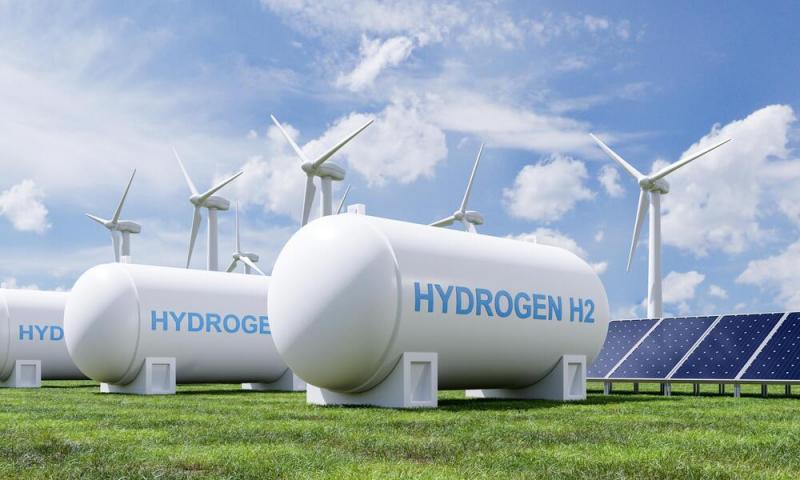Hydrogen, the most abundant element in the universe, is garnering increasing attention as a versatile and eco-friendly energy carrier with the potential to revolutionize various industries and play a crucial role in the transition to a sustainable future. This article explores the properties of hydrogen, its diverse applications, and the growing importance of harnessing this elemental wonder for a cleaner and more efficient energy landscape.
Properties and Production of Hydrogen
Hydrogen is a colorless, odorless, and highly flammable gas. It exists abundantly in nature but is primarily found in compounds such as water (H2O) and hydrocarbons. One of the most common methods of hydrogen production is through steam methane reforming, which involves reacting methane (CH4) with steam to produce hydrogen gas and carbon dioxide (CO2). Another eco-friendly approach is electrolysis, where an electric current is passed through water to separate hydrogen and oxygen molecules.
Clean Energy and Decarbonization
Hydrogen's significance lies in its potential to serve as a clean and renewable energy source. When used in fuel cells, hydrogen can generate electricity with only water vapor as a byproduct, making it a zero-emission energy option. This quality is vital for achieving decarbonization goals and combating climate change, as it can replace carbon-intensive fuels in various sectors, such as transportation and industrial processes.
Applications of Hydrogen
-
Transportation: Hydrogen fuel cell vehicles (FCVs) are gaining traction as an alternative to traditional gasoline-powered cars. FCVs offer longer ranges and shorter refueling times compared to electric vehicles and emit no harmful pollutants, making them an attractive solution for sustainable transportation.
-
Industrial Processes: In industries like steel manufacturing and ammonia production, hydrogen can act as a clean substitute for carbon-intensive processes, reducing greenhouse gas emissions and environmental impact.
-
Energy Storage: Hydrogen's potential as a means of energy storage is particularly valuable for managing intermittent renewable energy sources, such as solar and wind power. Excess energy can be converted into hydrogen through electrolysis and stored for later use, providing grid stability and enhancing overall energy efficiency.
Challenges and Future Prospects
Despite its numerous benefits, hydrogen faces some challenges, such as high production costs, limited infrastructure, and energy-intensive storage. However, ongoing research and investment are addressing these obstacles, with governments, industries, and research institutions actively collaborating to advance hydrogen technologies and drive down costs.
Conclusion
Hydrogen's emergence as a clean, efficient, and versatile energy carrier represents a promising step towards a more sustainable future. As countries and industries increasingly prioritize decarbonization and environmental responsibility, the widespread adoption of hydrogen-based solutions is becoming a reality. By harnessing the power of this elemental wonder, we can mitigate climate change, reduce pollution, and pave the way for a greener and more sustainable world for generations to come.
